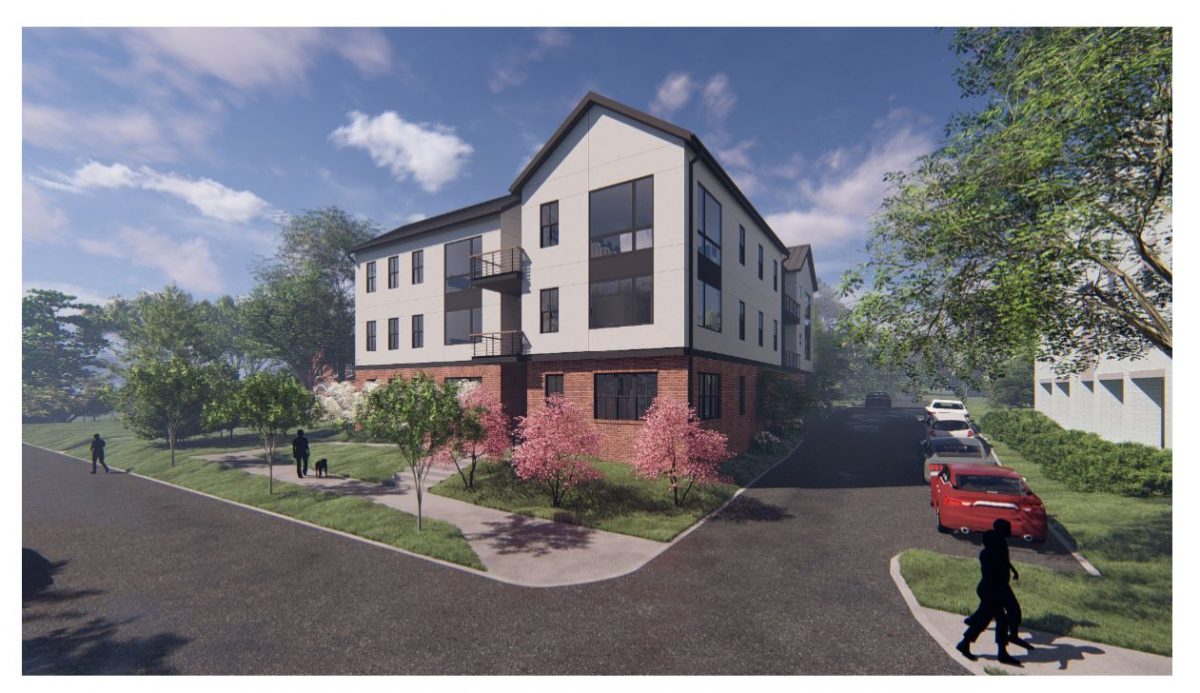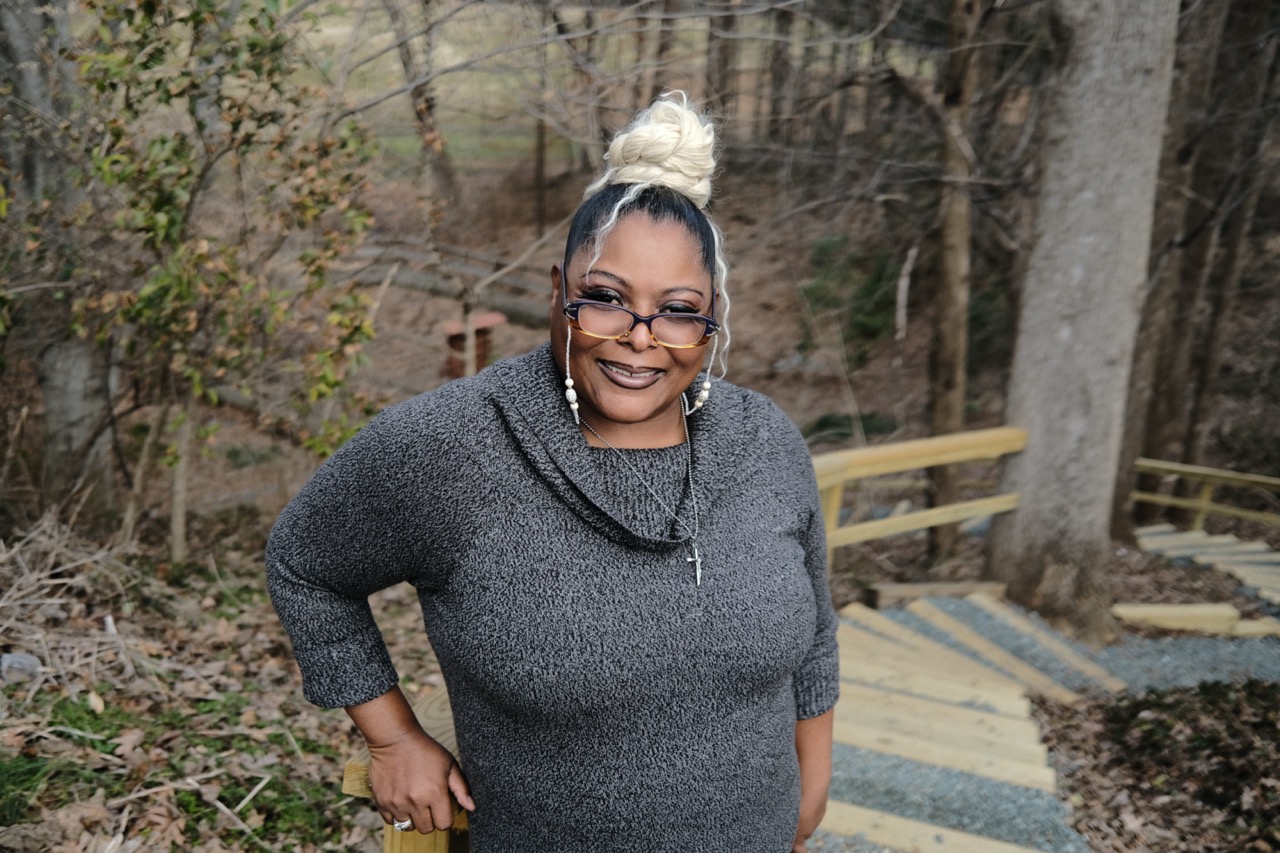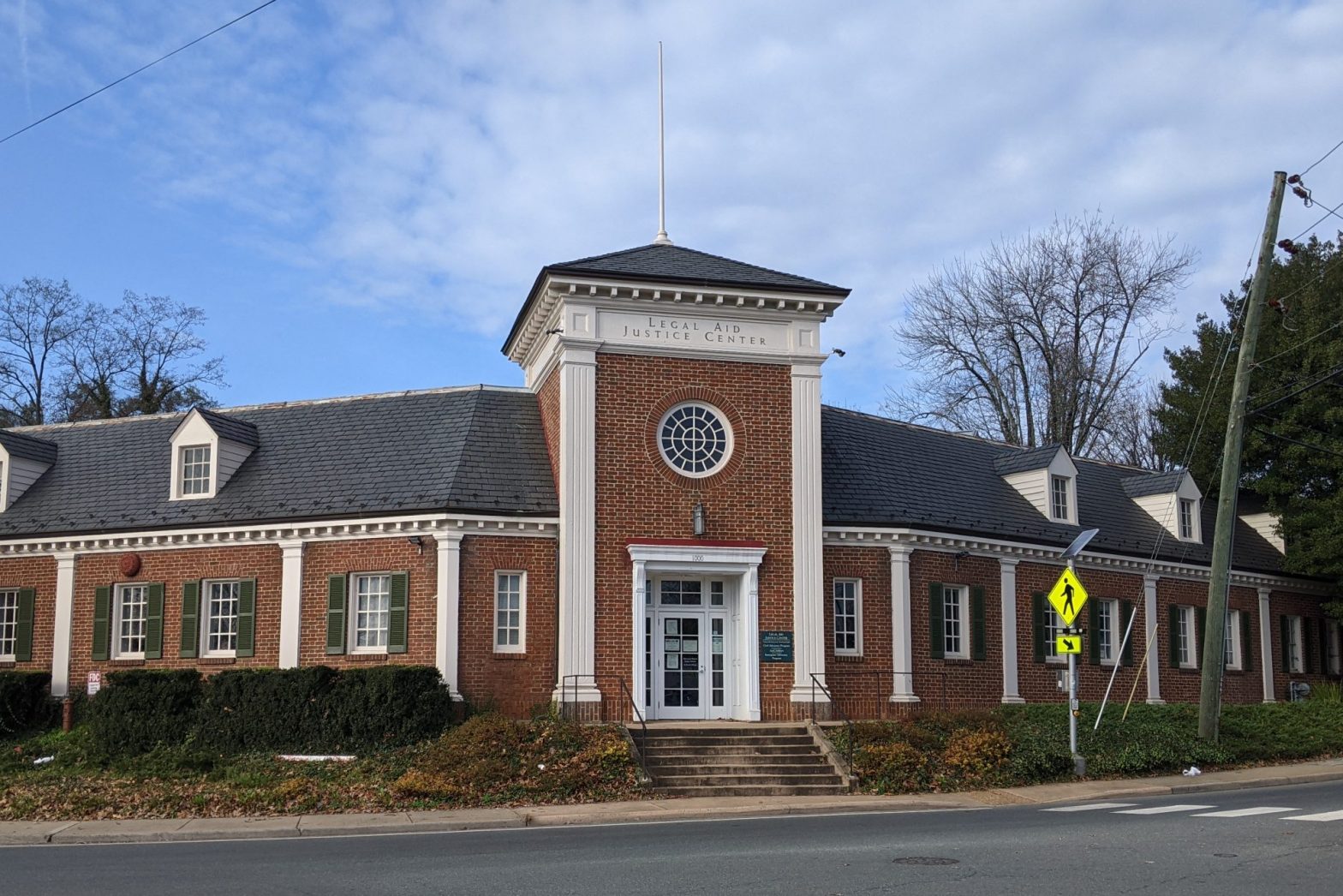The future of land use in Charlottesville will be determined parcel by parcel as property owners make decisions about whether they will build units that are required to be sold or rented at levels below the market value.
The relatively new owners of 1609 Gordon Ave., an LLC who bought the property in December 2021 for $600,000, have decided not to pursue affordability when replacing a two-story 1963 apartment building with a three-story structure with nine units.
That is one unit less than would trigger the city’s mandate that 10 percent of units in non-residential neighborhoods comply with affordability requirements. This is known as inclusionary zoning.
“Rents for affordable homes are set relative to the Area Median Income (AMI), the household income for the median household in a region,” reads a portion of the Affordable Housing Plan adopted by Charlottesville City Council in March 2021.
The maximum monthly rents are established in the city’s affordable dwelling unit manual and must be reserved for households with incomes below 60 percent of AMI. At that level, the current monthly caps are $1,416 for a two-bedroom, $1,582 for a three-bedroom, and $1,732 for a four-bedroom. Developers must submit a form showing how they will comply with the rules, but the Gordon Avenue project is exempt and does not have to provide any information about projected rents.
Located in the Venable neighborhood, 1609 Gordon Ave. has the RX-5 designation that allows for as much density as can fit within a seven-story structure, as long as 10 percent of units are affordable or the developer contributes to a city fund. The new rules increased these amounts substantially to $368,303 for a two-bedroom unit and $547,339 for a three-bedroom unit.
The new zoning eliminates the role City Council plays in such developments, but the Board of Architectural Review still has to sign off on the design. It had an initial review on Tuesday, October 15, a discussion that had nothing to do with affordability but everything to do with how the new structure will fit in with the surrounding architectural design control district.
That district has been changing with certificates of appropriateness, having recently been approved for a new four-story apartment building at 1532 Virginia Ave., a three-story sorority house at 503 Rugby Rd., and a three-story apartment building at 605 Preston Ave.
But one remaining question is whether anyone will take advantage of the higher densities allowed and submit to the inclusionary zoning. Charlottesville’s Housing Advisory Committee will discuss potential proposals on Wednesday, October 16. These include measures to provide tax rebates to subsidize the cost to the developer.
Meanwhile, the Charlottesville Redevelopment and Housing Authority continues to proceed with a plan to purchase more units across the city and use federal housing vouchers to subsidize their cost. In September, the CRHA Board agreed to spend $2.8 million to purchase three more properties, comprising more than a dozen units, around the city.





